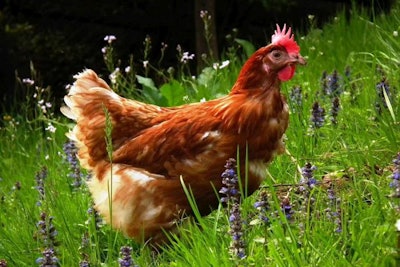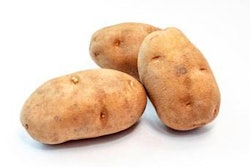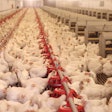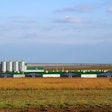
One of my side dreams, for when I have free time to spare, is to have my own layer farm. Nothing more than, say, 10,000 layers, just for the fun of it. Of course, running it as a normal operation is a sure bet to lose considerable money, so a niche market is perhaps a wiser idea, at least to lose less money!
I continue to read with considerable interest that organic eggs are becoming a trend in the U.S. When I was living in the U.S., I always bought eggs at farmers' markets on Fridays, but that’s because I am weird, or so said my Ph.D. classmates. I did not believe them back then, but it appears they were not wrong, but I digress. So, I am happily surprised to know that my classmates and their fellow American citizens are warming up to the idea of organic farming.
What I don’t get is what’s in it for them. I mean, why organic? What’s wrong with plain, normal eggs that billions of layers lay every day for humanity? We don’t give them hormones, drugs or anything else that could potentially harm humans (although we humans take up all these harmful substances in our own accord via different means). Even the cholesterol myth has been debunked and eggs are consumed now conscience-free, at least by most healthy people (for the rest, keep heeding your doctor’s advice).
Now, organic and free range are not the same. Free range means hens have access to the outdoors, and if layers can graze, I can taste their eggs being superior (nothing beats an eight-egg omelet made with eggs from hens grazing an alfalfa pasture). For that, I will pay more, but again that's me and my preference for "small" but super-tasty omelets, but I digress again.
So, my big questions for today, before I break ground opening my new layer farm, are: What is it that makes consumers in the U.S. prefer organic eggs more and more? Will this trend catch on worldwide? Do I have a future as an organic egg farmer, or should I keep my day job?
















